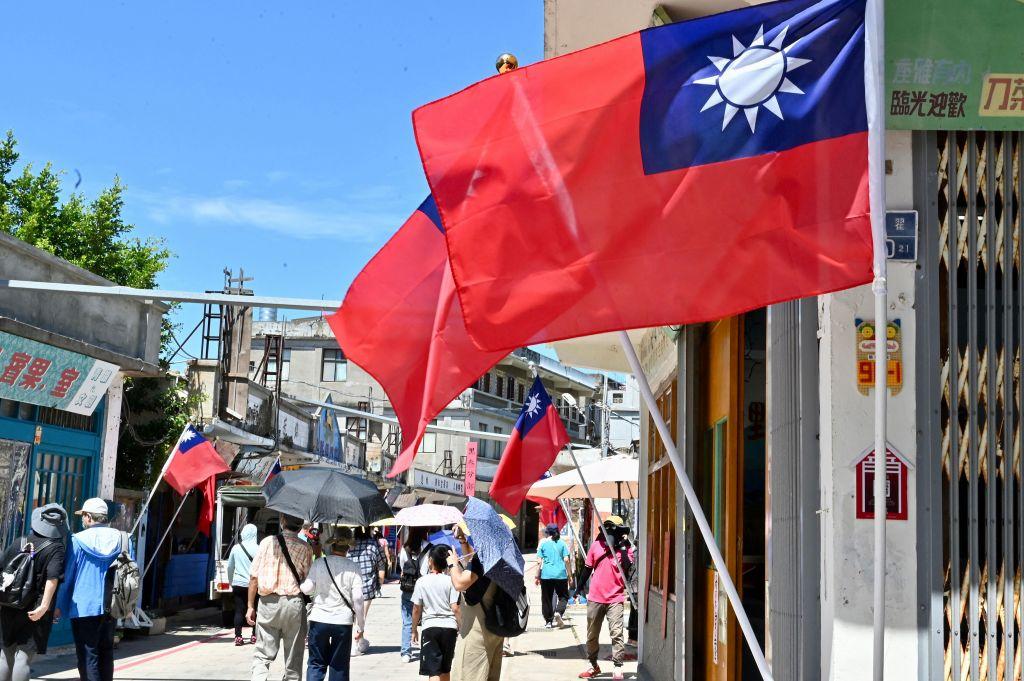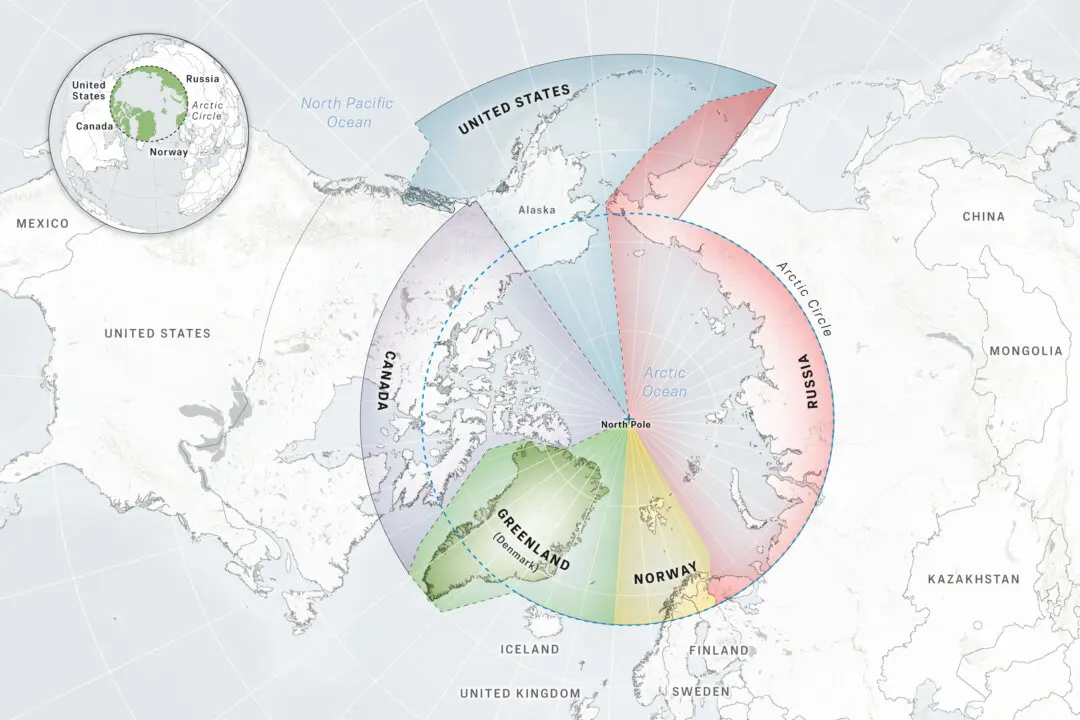Events in 2024 could spur China to attack Taiwan, including the United States’ involvement with simultaneous military conflicts abroad and the distraction of the November presidential election, security and risk analysts say.
Moreover, some experts say the outcome of Taiwan’s Jan. 13 general election will be a critical element in whether Beijing escalates its aggression with the island nation.





